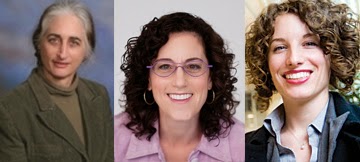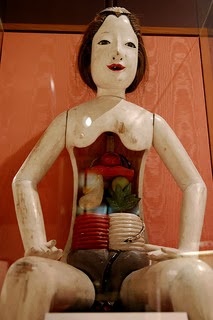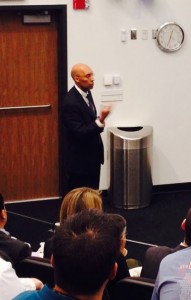Few students like exams. That probably wasn’t close-to-mind when, in 1999, the Liaison Committee on Medical Education, which accredits medical colleges, decreed that the Carver College of Medicine would incorporate clinical skills assessment into the curriculum. Then, in 2004, the National Board of Medical Examiners began using the Step II Clinical Skills test as part of the United States Medical Licensing Examination. This Step, one of the three that seeks to ensure students are becoming competent doctors, required students to demonstrate their clinical skills on live actors. These actors played standardized roles so that the examination results would be meaningful.
So it was that the University of Iowa Carver College of Medicine, and MD programs across the country, created the Performance-Based Assessment Program. The PBA program was charged with preparing third-year students for this new exam. They did this the exact same way the NBME did it: by hiring actors to portray patients with various complaints to test what third- and fourth-year students had learned about interviewing such patients.
Since then the program has grown tremendously. Now they don’t just test medical students, but they teach them as well. Things like general physical exam skills, PE skills specific to male and female patients, communication skills, and a lot more.
On this episode, students Cole Cheney, Senuri Jayatilleka, Michael Zhang, and Keenan Laraway joined simulated patients JC Luxton and Mary Nell Jackson meet for a little debate and an exchange of views on their roles as students and ‘fake patients.’
Listen to Episode 026 – Who Are These People, Anyway? Simulated Patients and Students.
The opinions expressed in this feed and podcast are not those of the University of Iowa or the Roy J. and Lucille A. Carver College of Medicine.
…








